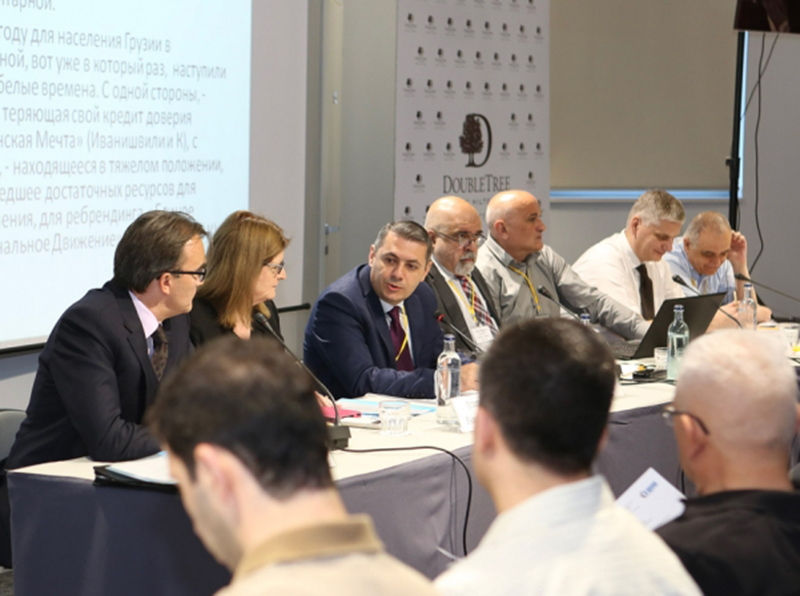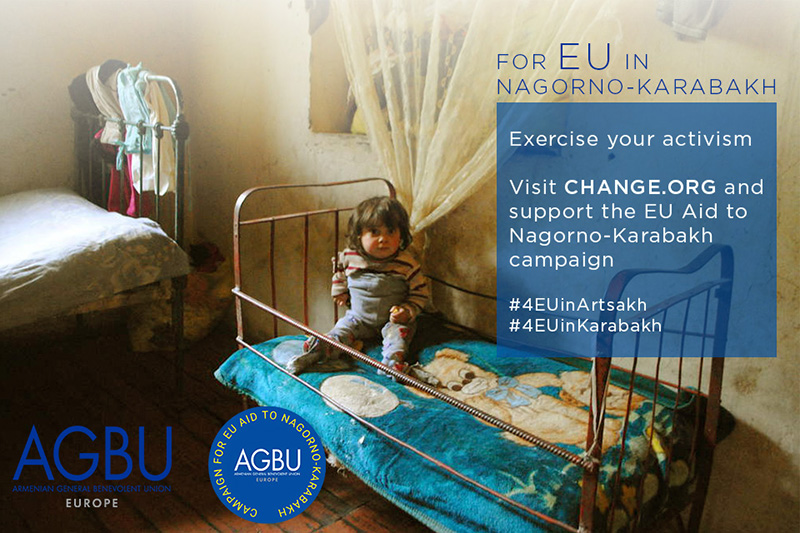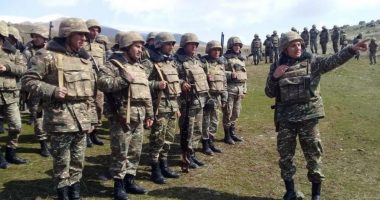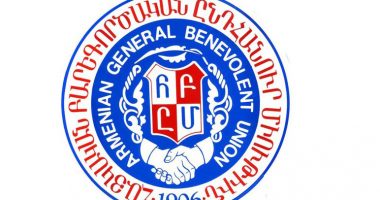YEREVAN (Mediamax) — Yerevan hosted ton Friday Caucasus-2016 Annual International Conference, which covered the most important developments in Southern Caucasus during 2016.
Following are exerpts reports on Armenia and Azerbaiajn.
Armenia in 2016
Director of Caucasus Institute Alexander Iskandaryan. Three significant developments took place in Armenia, which highly influenced the political reality in the country.
Armenian media used the term “April War” covering the escalation on NK-Azerbaijan Line of Contact, initiated by Azerbaijan in April of 2016. In fact, it is incorrect to qualify this offensive as a war, since Azerbaijan did not pursue military goals, intending just to take over several kilometers of land.
Then an armed group captured Yerevan Police Station on July 17. Ambiguous perception of this development by citizens was of great interest. What’s more, the Armenian government did not qualify it as a terrorist attract.
Change of the Armenian Prime Minister was another significant development in Armenia. People started associating the word “new” with the word “good”, as this Prime Minister became the advocate for innovation; he did not at all belong to the old elite. He succeeded, as people considered him a more bureaucratic, non-oligarchic, and even anti-oligarchic character.
The military parade on September 21 is yet another important event in Armenia, as it featured Iskander-M missile systems and Smerch multiple launch rocket system.
The developments of 2016 allowed us to reveal the divergence between the government and the people. The Armenian state structures understood that they should change the governance system. More focus was put on “Nation-Army” notion. The government started changing the images of political figures, substantiating it with the move to parliamentary form of governance. They appointed bureaucrats instead of oligarchs, educated people instead of the ignorant officials.
Azerbaijan in 2016
Sergey Markedonov, Assistant Professor, Russian State University for Humanities – 2016 was the year of Armenian-Azeri conflict and security for Azerbaijan. The April aggression was perceived as victory there.
A very important event happened in domestic politics in March, when Ilham Aliyev granted amnesty to 148 prisoners, 14 out of whom are considered international human rights defenders, the so-called “prisoners of conscience”. With that Azerbaijan showed the international community it was ready to accept objective human rights-related criticism. Another important domestic development was the Constitutional Referendum that affirmed introduction of the institution of Vice President. In 2016 Azerbaijan managed to consolidate its status of a large energy partner in the East.
Balance was maintained in foreign affairs. Recep Tayyip Erdogan, Hassan Rouhani, and Vladimir Putin visited Baku. Baku managed to boost dialogue with USA and the EU, hosting high-ranking officials.










